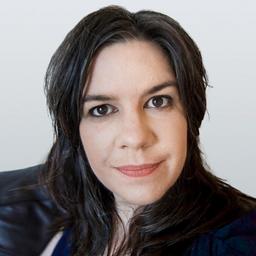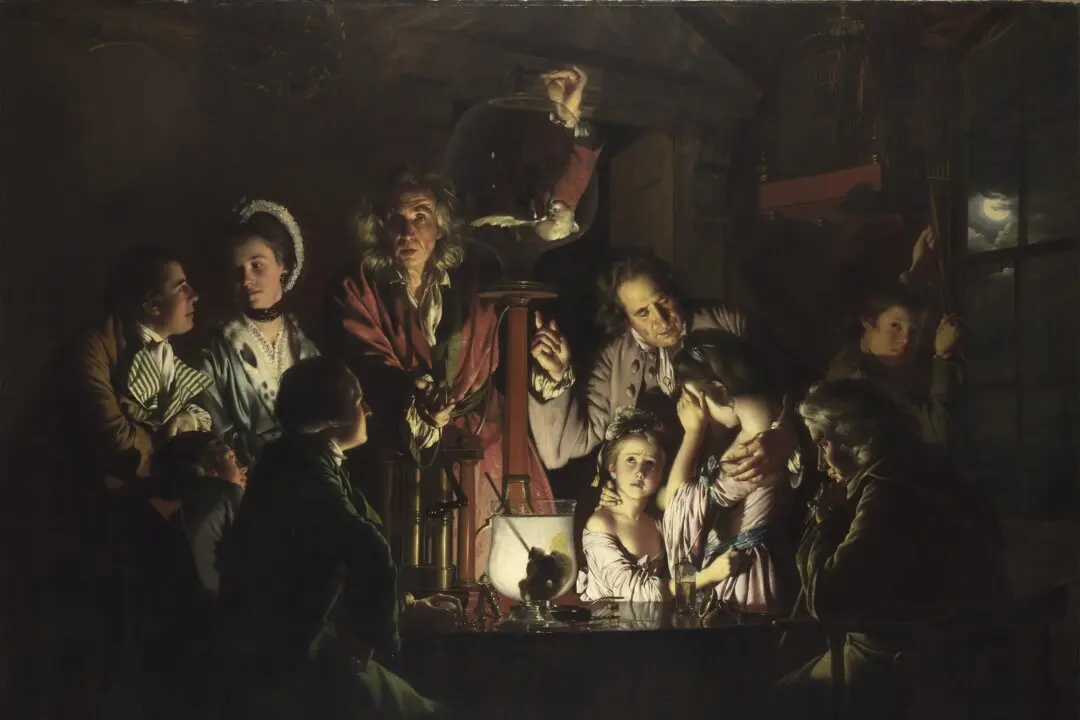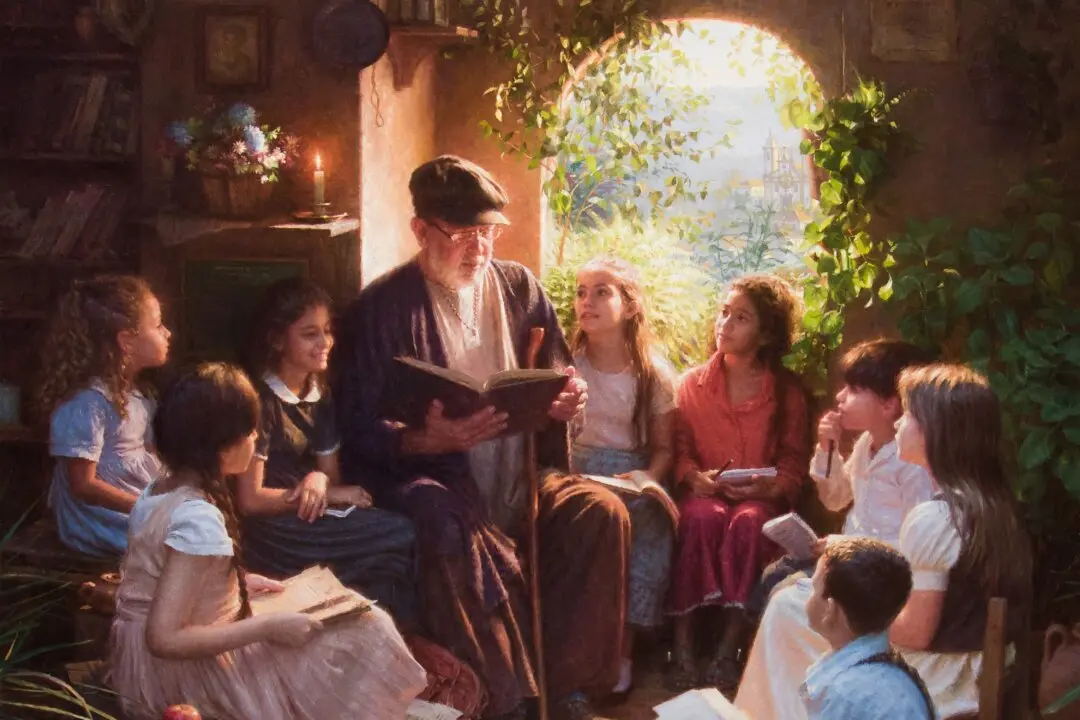Successful business woman Lois Shannon had it all: In 1999 The Wall Street Journal named her one of the top 30 business women in Europe; she'd had executive careers in Apple Paris and Germany, and was now a partner in London firm Russell Reynolds Associates. But all was not well.
“I was always operating from a deficit, trying to prove my worth in business and feeling burned out because it was never going to be enough. I was in a vicious cycle, trying to lead from a defended place and never willing for others to see the real me,” she said.
Along with strong feelings of inadequacy – the “impostor syndrome” – she did everything she could to fit in. “I wanted to be as much like a man as possible. I thought this was because it helped me feel safe in a man’s world,” Lois said.
For Successful Business – Mum’s the Word
Why Some of the World's Most Pioneering Business Women Are Looking to Their Mothers

Bethany Webster is helping business women become powerful yet feminine leaders through healing inherited beliefs. Bethany Webster
|Updated:
You can be feminine and lead.
, Transformative coach
Lorraine Ferrier writes about fine arts and craftsmanship for The Epoch Times. She focuses on artists and artisans, primarily in North America and Europe, who imbue their works with beauty and traditional values. She's especially interested in giving a voice to the rare and lesser-known arts and crafts, in the hope that we can preserve our traditional art heritage. She lives and writes in a London suburb, in England.
Author’s Selected Articles




